Transition Culture has moved
I no longer blog on this site. You can now find me, my general blogs, and the work I am doing researching my forthcoming book on imagination, on my new blog.
Come find me at robhopkins.net
Archive for “Community Involvement” category
Showing results 56 - 60 of 692 for the category: Community Involvement.
2 Oct 2012
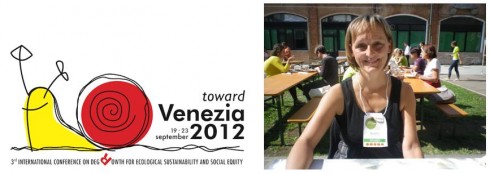
The other interview I did at the Degrowth conference in Venice recently was with Silke Helfrich, one of the editors (along with David Bollier) of the excellent recently-published book ‘The Wealth of the Commons: A World Beyond Market and State‘, a collection of 73 articles by activists, academics and project leaders (I wrote one on resilience) on the theme of the commons. I recommend it. Silke gave a fascinating presentation at Degrowth 2012, so one day, after lunch, I caught up with her and asked to her to tell me more. Here, as usual, is the audio should you wish to listen to it, followed by the transcript.
Read more»
1 Oct 2012
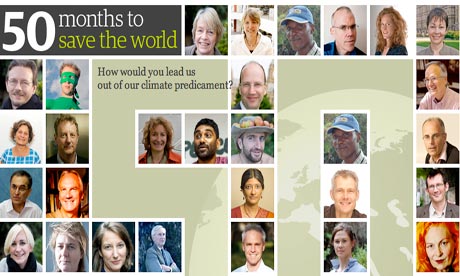
New Economics Foundation’s ‘100 Months’ campaign today reaches its midway point. It was launched in August 2008 based on the understanding that the time that remains to us to avoid the likelihood of runaway climate change is limited, and based on the science at the time, there was closing window of opportunity to do something meaningful about it. 50 people were asked to write, in 50 words, their response to the question “so what needs to be done in the time we have left?” Here’s mine:
“As well as international/national action, we also need to put strategic economic localisation at the heart of national economic policy, making local food, community-owned energy, genuine local democracy, a culture of entrepreneurship and local investment for local benefit the foundation of a low-carbon, resilient economy. And it should be thrilling”.
Read more»
28 Sep 2012
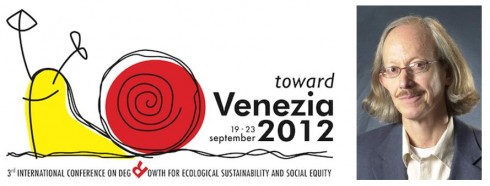
At the 2012 Degrowth conference in Venice one of the highlights for me was the talk by Arturo Escobar (my notes from which can be found here). He is the author of Encountering Development and Territories of Difference, among others. His talk looked at how Transition might look in the context of the Global South, and held many fascinating insights. Here is the interview I did with him, first as an audio file, and below as a transcript.
Read more»
27 Sep 2012
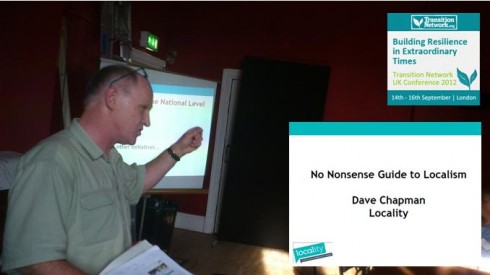
One of my highlights of the 2012 Transition Network conference was Dave Chapman’s presentation on the new powers that the recent Localism Act and the changes to the planning system in England and Wales potentially give to Transition initiatives. I mentioned it in my conference round-up, but Dave has since sent me his slides, so you can download them (Locality No Nonsense Guide to Localism) and listen to the audio below, which Dave has re-recorded since the conference to get the most up-to-date version possible. If you live outside England and Wales this probably won’t be that interesting, but if you do, this is pretty much essential listening. My thanks to Dave for his slides.
Read more»
26 Sep 2012
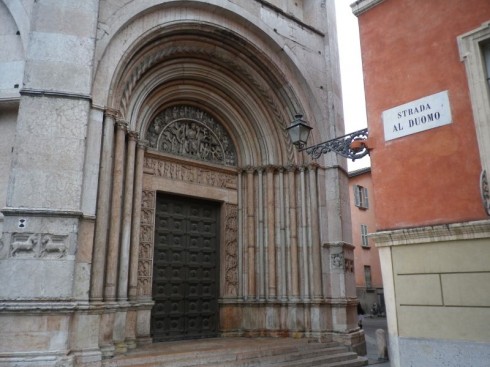
Beautiful ancient carved doors on the Battistero in Parma.
The next day began with a walk around the city of Ferrara. The core of the city is medieval, and contains some beautiful architecture. One of the things that is initially most striking about Ferrara is the number of bicycles, and the diversity of the people riding bicycles. Ferrara is famous for the levels of cycling. This is aided by the fact that it is a very flat city, but as Pierre told me, also by the fact that cyclists are treated, as he put it, “like sacred cows are in India”, that is, drivers expect them to go anywhere, and do anything, at any time, and so afford them to necessary space on the road. There are no formal cycle lanes so far as I could see, but somehow it all works.
Read more»






